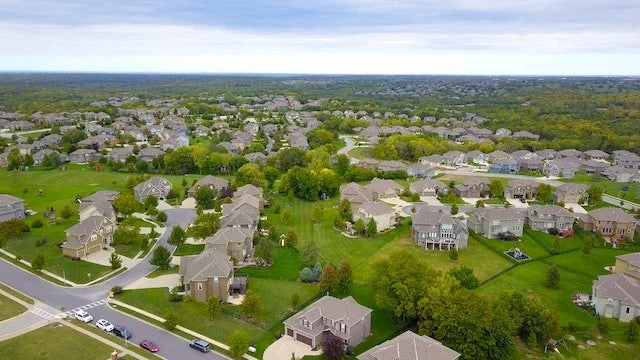How to House Flip Your Way to College
RH Business Marketing Solutions
House flipping can be an incredibly profitable business. Going by Statista findings, an average house flip can net you about $62,000 in profits. If you’re an adult looking for a way to fund your higher-educational aspirations, house flipping could be it. In this mini-guide, Kevin Szabo Jr Plumbing offers some tips on how you could house flip your way to a college degree:
Run the numbers first
Before you take on a fixer-upper, consider doing a quick ROI check first. Buying a house is expensive, as is fixing it up. Essentially, you shouldn’t proceed with the flip until the numbers align in your favor. Tessa shows you how to calculate potential flip profits with the ARV rule. Other factors that could affect the profit include the local market conditions, the property itself, and your flipping skills.
Have professionals in your corner
House flipping is complicated and involves a great deal of work, from construction to marketing and everything in between. Teaming up with various professionals (in whatever capacity) can help you get work done, not to mention receive valuable insight into local market conditions. Some professionals you may need to team up with include contractors, designers, real estate agents, and handymen. Rehab Financial offers a reference list.
Update the kitchen
Upgrading the fixer-upper in various ways can make it much more attractive to buyers. For example, everyone likes a modern, aesthetically appealing kitchen. Consider adding a range hood to vent grease, smoke, and odors from the kitchen and to keep the air clean. Having a kitchen island in the center for extra seating can be a nice touch. Painting the kitchen in bright, beautiful colors may also work well.
Make plumbing improvements
Many fixer-uppers have old plumbing desperately in need of attention. Updating the plumbing makes the property far more attractive. Some examples of plumbing-related upgrades you could take on are insulating the piping, adding new faucets, adding new fixtures, installing a water heater, and putting in a dishwasher. You can team up with Kevin Szabo Jr Plumbing for any plumbing-related work – we’re reliable and affordable.
Prepare for challenges
House flipping is rarely smooth sailing. It’s running a business, which comes with all the usual challenges – market fluctuations, employee turnovers, financial crunches, legal issues, and more. If you’re serious about becoming successful, you will have to work hard and put your nose to the grindstone initially. It will take time for you to learn the ropes, and you will have to navigate risk.
Consider forming an LLC
Forming an LLC can help you limit some of the risks involved in house flipping. An LLC separates your personal assets from your business ones and so protects the former from litigation. To form an LLC, you can hire a lawyer or use a formation service (which is considerably less expensive). States have different regulations around LLCs. Be sure to check the local rules before moving forward.
You could learn while concentrating on your business
Online degrees are a good, widely accepted alternative to traditional in-person education. Online degree programs are typically more affordable than in-person learning. They are also flexible enough to allow you to work on your house-flipping business while you study. The most useful business degrees teach you skills in accounting, business, communications, and management. These are valuable skills you could apply to your business right now (or later if you get a different job).
Conclusion
Your house flipping may or may not turn into a six-figure income stream, but even a single successful flip will net you enough to pay for college. Forming an LLC for your budding business can make your life easier as an up-and-coming business owner, as can earning an online degree.
Guest Contributor: Bob Shannon



















